Alexa vs Google Assistant: which voice assistant is best for your smart home?
Is Alexa or Google Assistant the best base for your smart home?
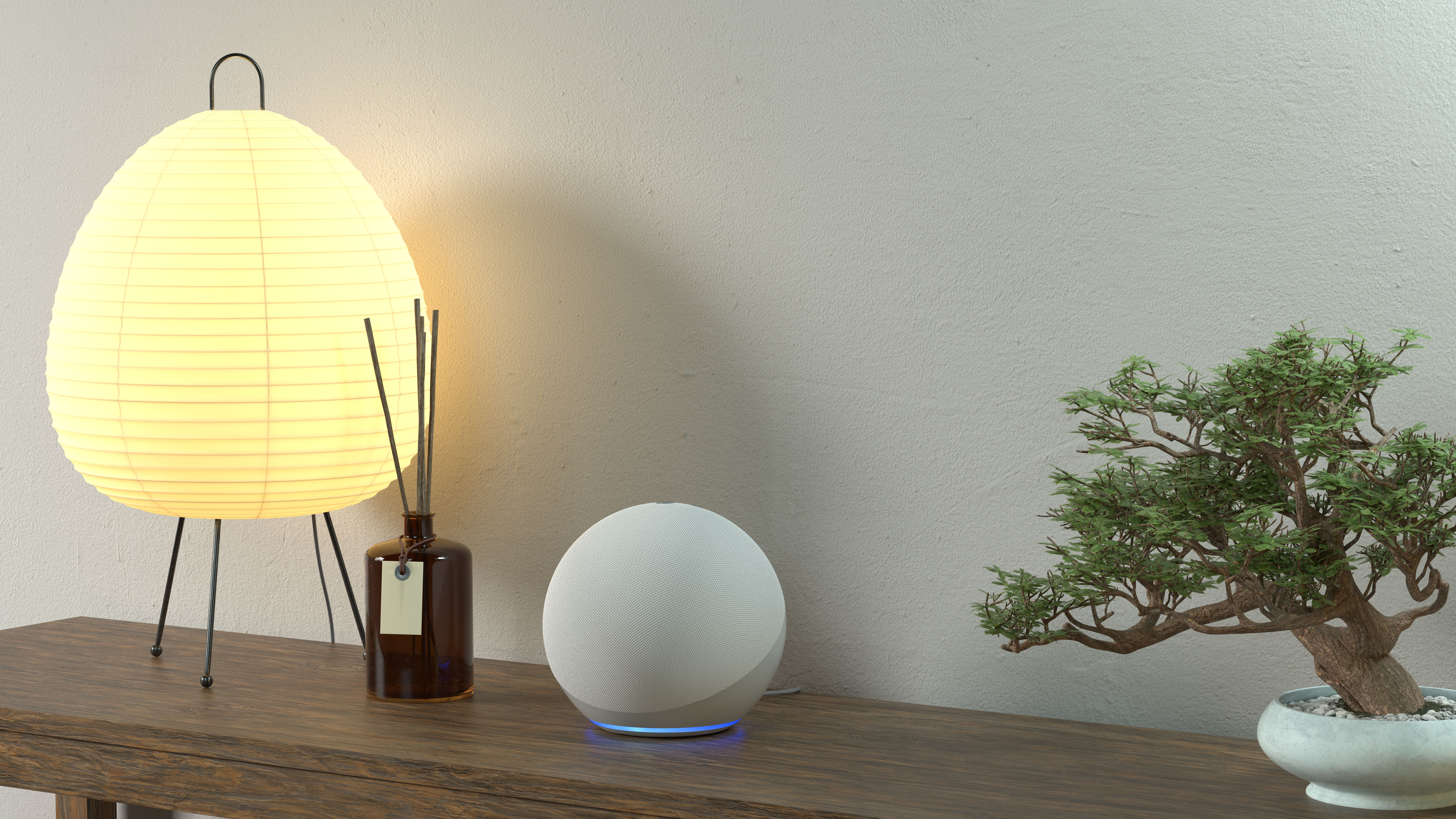
Sign up for breaking news, reviews, opinion, top tech deals, and more.
You are now subscribed
Your newsletter sign-up was successful
Not only has shouting across the room at an inanimate speaker become normal behavior, but it's now possible to automate pretty much everything in our homes with smart speakers like those from Amazon and Google. From light bulbs to our home's heating, it's a whole new world of smart tech.
The best smart speakers with Alexa and Google Assistant on board have revolutionized how we manage our homes, as we can now automate even the most mundane tasks using just our voices.
However, because these voice assistants have become so popular over the last decade (according to market research firm Statista, by 2024, 8.4 billion devices with digital assistants built-in will be in use), there are more than ever to choose from. The two leading players are Alexa and Google Assistant, and each has carved out its own place in the market, with a range of speakers and some of the best smart displays on offer.
But how to decide? We compared the two assistants based on factors such as music and video support, pricing, and even their general knowledge. Keep reading to see our exploration of Alexa vs. Google Assistant and our verdict on which would fit best into your home.
Best Amazon Echo and Google Nest deals
Read on to discover how these two voice assistants compare – or, if you’ve already decided which of the two you wish to buy, check out the best prices right now for smart speakers from both brands below:
Alexa vs Google Assistant: Voice recognition
What is a voice assistant?
A voice assistant is a computer program (also known as a software agent) that can perform tasks and provide information in response to questions and commands you issue. A voice assistant can be accessed through your smartphone but is also built into smart speakers, smart displays, and even some TV streaming devices.
How do I use it?
To give a voice assistant commands, you’ll first need to utter the ‘wake’ word or phrase, which makes them jump into action. Then you’ll be able to ask them a question or give them a command. After a few milliseconds, they’ll respond, and you can request further related questions or commands or end the conversation.
Do they require a subscription?
You can use both Alexa and Google Assistant without a monthly subscription. Once you’ve purchased a smart speaker or smart display they are built into (or downloaded the free app for your smartphone), you can ask them questions or issue commands, and they’ll reply free of charge.
Both Amazon Alexa and Google Assistant reliably recognized and responded to our voice when testing them with an Amazon Echo Dot (2020) and a Google Nest Mini 2. Within milliseconds of us uttering the wake word, the assistants sprang into life.
Speaking of the wake word, Alexa lets you change this phrase in the app. If you prefer, you can use Amazon, Echo, or the computer, but you’ll need to activate the change on every Alexa-enabled device in your home.
Sign up for breaking news, reviews, opinion, top tech deals, and more.
There’s no option to deviate from ‘Ok, Google’ or ‘Hey, Google,’ which are the wake words used with Google Nest smart speakers and displays, but consistency can actually be a real help when talking to a little piece of tech.
Both Alexa and Google Assistant can have continued conversations, so there’s no need to repeat the wake word if you follow up your initial command or request with another one after a few seconds. Amazon also says that in the future, Alexa will be able to converse with more than one person at a time. However, this feature is still not available at the time of writing.
On top of this, both Alexa and Google Assistant can recognize different voices in the household to provide personalized results, for example, when it comes to calendar entries or contacts to call. Called Voice Match (Google Assistant) and Voice Profiles (Alexa), both voice assistants can recognize up to six different people without a hitch, so that you can access more personal services.
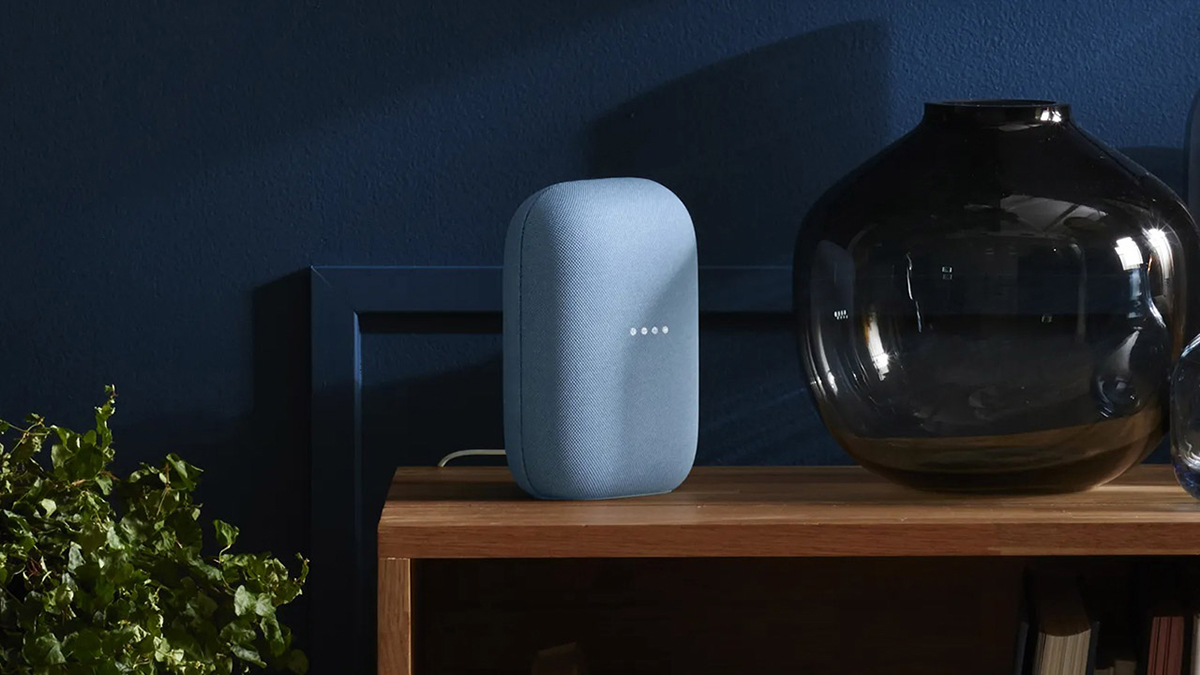
Alexa vs Google Assistant: Price
Amazon and Google offer different smart speakers and smart displays with access to their relevant voice assistants across several different price ranges. The cheapest way to get Alexa or Google Assistant is to opt for the smallest smart speaker from both brands; the Amazon Echo Dot or Google Nest Mini.
There are currently three generations of the Echo Dot on sale, with the oldest model costing £39.99 / $39.99 / AUS$59 and the newest model for 2022 sitting at £54.99 / $49.99 / AUS$79. A version of the mini speaker with a clock is available for £64.99 / $59.99 / AUS$99, and the kids-only model will cost you £64.99 / $59.99 (it's not currently available in Australia).
On Google's side of things, the Nest Mini costs £49 / $49 / AUS$79, which is pricier than Alexa's 3rd Gen speaker but cheaper than its latest model.
These smart speakers are often discounted during the year, too. For example, on Black Friday and Amazon Prime Day, we’ve seen them drop as low as $9.99 / £9.99 / AU$17.99.
Overall, Alexa has more choices and thus more variation in price. The flagship Echo (4th Gen) speaker costs £89.99 / $99.99 / AUS$149, while the music-focused Echo Studio will set you back £189.99 / $199.99 / AUS$329. Meanwhile, the Nest Audio is priced at £89.99 / £99.99 / AUS$149.
Google has just two smart displays - the Nest Hub and Nest Hub Max. These cost £89.99 / $99.99 / AUS$149 and £219 / £229 / AUS$349, respectively.
Alexa has the Echo Show 5 (£74.99 / $84.99 / AUS$119), the Echo Show 5 Kids (US only - $94.99), the Echo Show 8 (£119.99 / $129.99 / AUS$199), the Echo Show 10 (£239.99 / $249.99 / AUS$399), and the Echo Show 15 (£239.99 / $249.99 / AUS$399).
Alexa vs Google Assistant: Smart home devices
For the number of the best smart home devices supported, Alexa trumps Google Assistant here. From LIFX, Philips Hue, and TP-Link smart lights to Honeywell and Tado smart heating thermostats, a plethora of the best home security cameras and smart plugs, alongside Amazon-owned devices like Ring, which offers some of the best video doorbells on the market, there are plenty of smart home devices Alexa can control.
While Google Assistant may be lagging on quantity, support for new devices is being added regularly, and Google’s voice assistant does work with big names such as LIFX, Philips Hue, and Arlo, along with its own smart home devices such as the Google Nest Hello Video doorbell, and the Google Nest Learning thermostat.
Both voice assistants let you create automations (where several different smart home devices work simultaneously in a predefined pattern), either at a specific time or when something happens, for example, smart lights that switch on if your home security camera detects motion outside your home.
Routines, as both Alexa and Google Assistant call them, can be set up in the Alexa or Google Home app. However, Alexa offers more customization than Google Assistant when creating routines - for example, being able to link to services such as Audible and IFTTT (If This Then That), which expands the scope of the automation you can create.
Alexa can also proactively control your smart home gadgets based on your previous requests and behavior through Alexa Hunches.
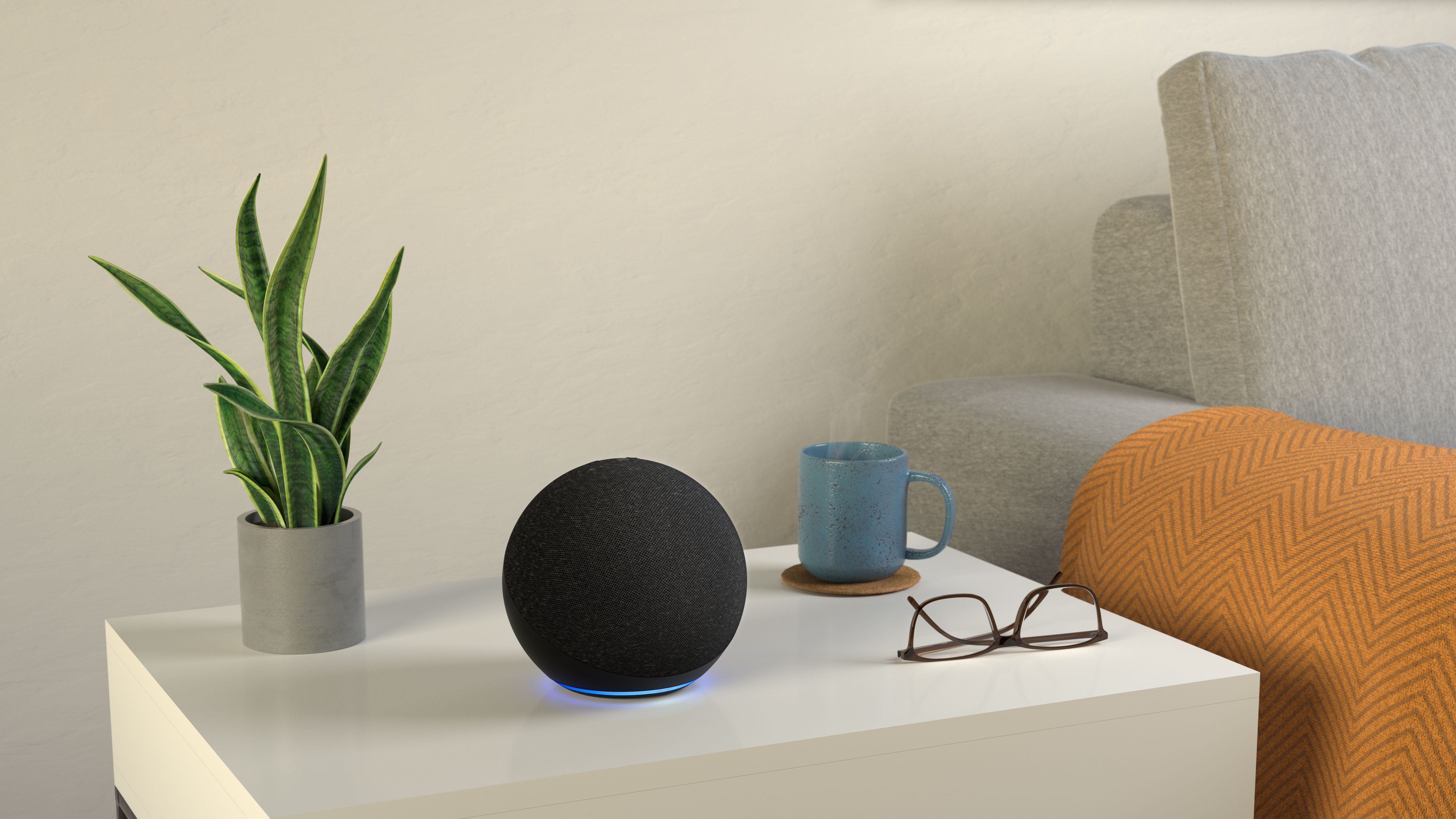
Alexa vs Google Assistant: Music and video
As both voice assistants are built-into smart speakers and smart displays, it’ll come as no surprise that Alexa and Google Assistant can play music from streaming services for you.
Alexa can play Amazon Music (unsurprisingly), along with Apple Music, Deezer, Spotify, Pandora, Tidal, and Vevo. At the same time, Google Assistant supports all of these except Tidal and Amazon Music and adds support for YouTube Music.
In our eyes, they’re evenly matched here, as, during testing using Spotify, both Alexa and Google Assistant offered up relevant radio stations when we asked for ‘00’s RnB’ and ‘Michael Buble’ as well as being able to play the album Rumours by Fleetwood Mac, and Rob Beckett’s Lockdown Parenting Hell podcast when we asked for it.
If you have more than one compatible smart speaker or smart display in your home, both Alexa and Google Assistant can create multi-room audio systems that can play music at the same time on all of the speakers. Google Assistant can even transfer music between the different smart speakers and displays for you as you move about the house, whereas Alexa doesn’t have this availability yet.
On top of that, both voice assistants can also control the playback of streaming services such as Prime Video and Google Play when being watched on a compatible TV streaming device - that’s an Amazon Fire TV for Alexa and a Google Chromecast (or a TV with Chromecast built-in) for Google Assistant.
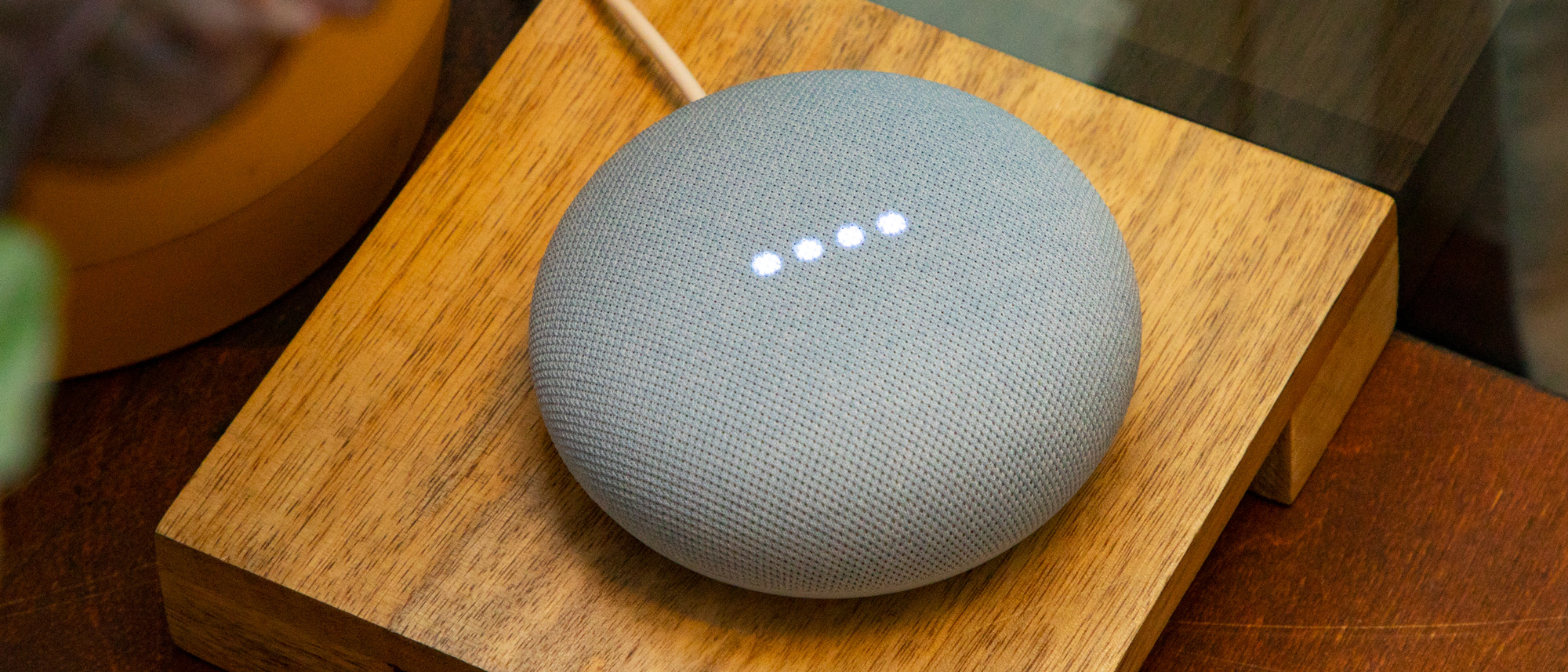
Alexa vs Google Assistant: Staying in touch
As well as controlling your smart home and playing music and video for you, Alexa and Google Assistant can also make hands-free calls so that you can save on your phone bill.
Alexa can make free audio calls to cell numbers and landlines from any Amazon Echo smart speaker or display. On top of this, Amazon’s voice assistant can also make free audio calls to other Amazon Echo speakers and free video calls between Amazon Echo smart displays, even if they’re not in your home - you can even make group calls on Amazon’s smart displays.
In the US, Alexa can also make Zoom video calls on the Amazon Echo Show 8 and Amazon Echo Show 10 smart displays.
Google Assistant also offers a hands-free calling function - in the US, this is called Google Home Calling and can be used to call mobiles and landlines (but not 911 or 1-900 numbers) at no extra charge from any Google Nest smart speaker or display.
In the UK and Australia, you can use a Google Nest speaker or smart display to call phone numbers free of charge using Google Duo. However, there’s no way of contacting other Google Nest speakers and smart displays.
When it comes to video calls, if you have a Google Nest Hub Max, you can use Google Duo or Zoom to make two-way video calls, while using the Google Nest Hub (2nd generation) or Google Home Hub means you’ll be able to see the recipient on the video call. Still, they can’t see you as these smart displays don’t have built-in cameras.

Alexa vs Google Assistant: General knowledge
We asked both Alexa and Google some basic general knowledge questions, including ‘what’s the tallest mountain in the world, ‘when was Back to the Future released’ and ‘why is the Earth round.’
Both voice assistants responded with the correct answers in just a few seconds, although Alexa trumped Google Assistant here by providing some context. For example, when asked about the tallest mountain, Alexa gave details about Mount Everest, the highest mountain in the world, but also told us about Mauna Kea, which is technically the tallest mountain; however, much of it is underwater. Google Assistant just listed some of the highest mountains across Earth.
We also asked both assistants to convert inches into cm and complete some challenging mathematics (272 x 596), which they easily managed.
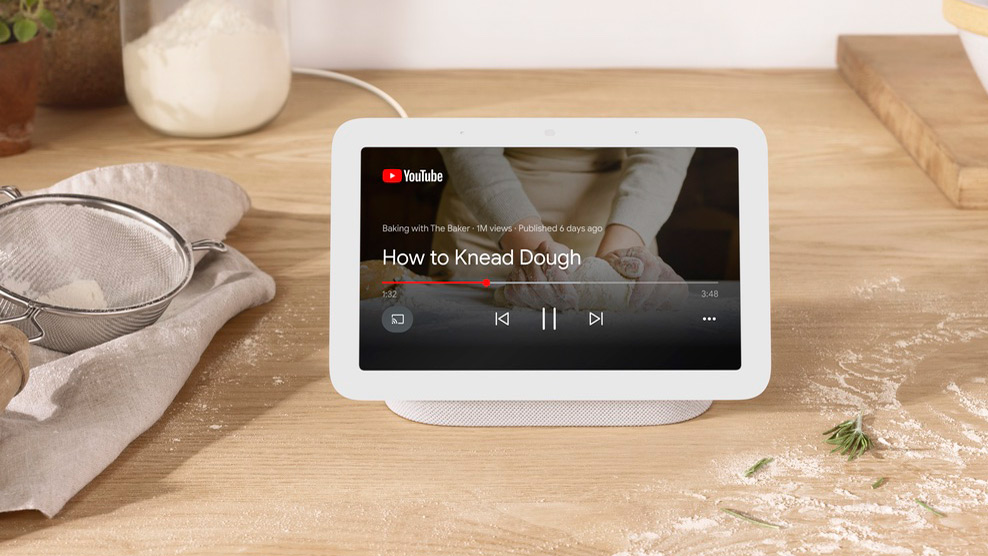
Alexa vs Google Assistant: Cooking and food
Alexa and Google Assistant can also offer a helping hand in the kitchen. During testing, both voice assistants could find recipes successfully and read them aloud while displaying them on-screen if you’re using a smart display. Alexa and Google Assistant can also repeat steps or ingredient lists if you need a quick reminder during cooking.
When you’re cooking, a voice assistant can set timers for you, so you don’t have to get your smartphone or kitchen timer (if you still use one) dirty. Alexa excels here as, while like Google Assistant, Amazon’s voice assistant can set multiple timers and name them for you, it lets you check and stop these timers from other smart speakers or smart displays in the house, which isn’t something Google Assistant can do.
If you don’t fancy cooking, it’s also possible to get Alexa and Google Assistant to order dinner in the US, UK, and Australia. However, Google’s food ordering is restricted to the US at present.
Alexa vs Google Assistant: Directions
Want to know how long it’ll take you to get to work? Your voice assistant can help with that too. We found Google Assistant excelled here, offering a direct route to local shops and restaurants, along with traffic and public transport information.
Alexa, however, struggled to provide public transport information, so Google is the clear favorite here if you want your smart device to help you move around.
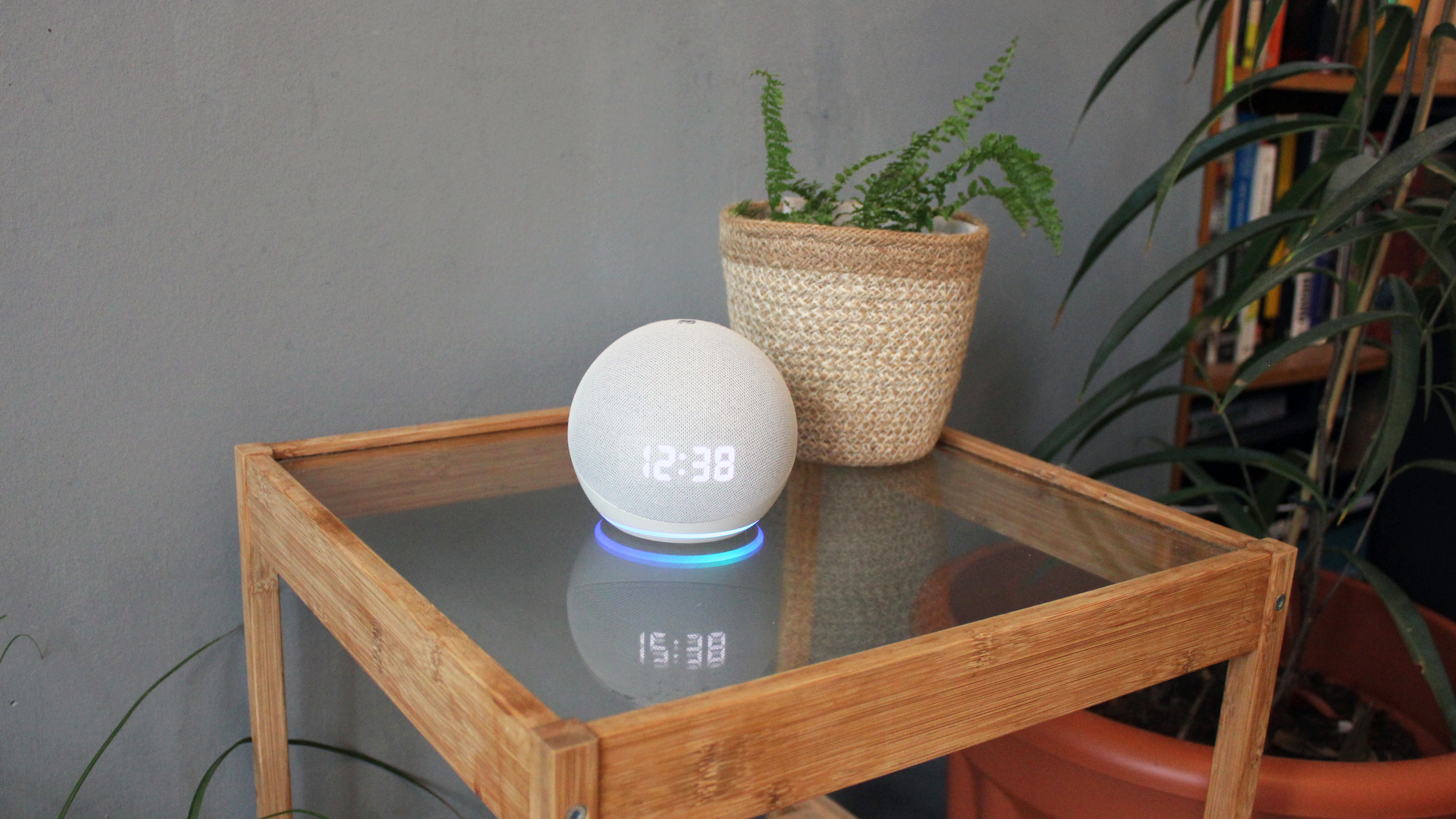
Alexa vs Google Assistant: Privacy
As voice assistants are always listening for their wake word or phrase, and they record your request once you’ve used that word or phrase so it can be processed and correctly responded to, it will inevitably lead would-be users to privacy concerns.
For some, these could be the reasons not to use a voice assistant. However, Amazon and Google state they take privacy seriously by allowing you to delete these recordings from their companion app or by asking the voice assistant.
If you’re using them on a smart speaker or display, you can also mute them simply by asking or pressing a button on the device itself.
Alexa vs Google Assistant: Languages
Google Assistant is available on smart speakers in Danish, Dutch, English, French, German, Italian, Japanese, Norwegian, Polish, Portuguese, Spanish, and Swedish. However, not all languages are available in all territories, and some are only available when using Google Assistant through a smart speaker but not a smart display.
Google Assistant can also understand two languages simultaneously, although you can’t switch between the two in a single query. On top of that, Google Assistant also has an interpreter mode that can effectively translate phrases into different languages.
Alexa is available in English, French, German, Italian, Japanese, Portuguese, and Spanish and does offer a dual language mode in some territories. So, for example, in the US, you can use the voice assistant in English and Spanish. It can also translate for you, although it wasn’t as smooth or well-versed as Google Assistant in our tests.
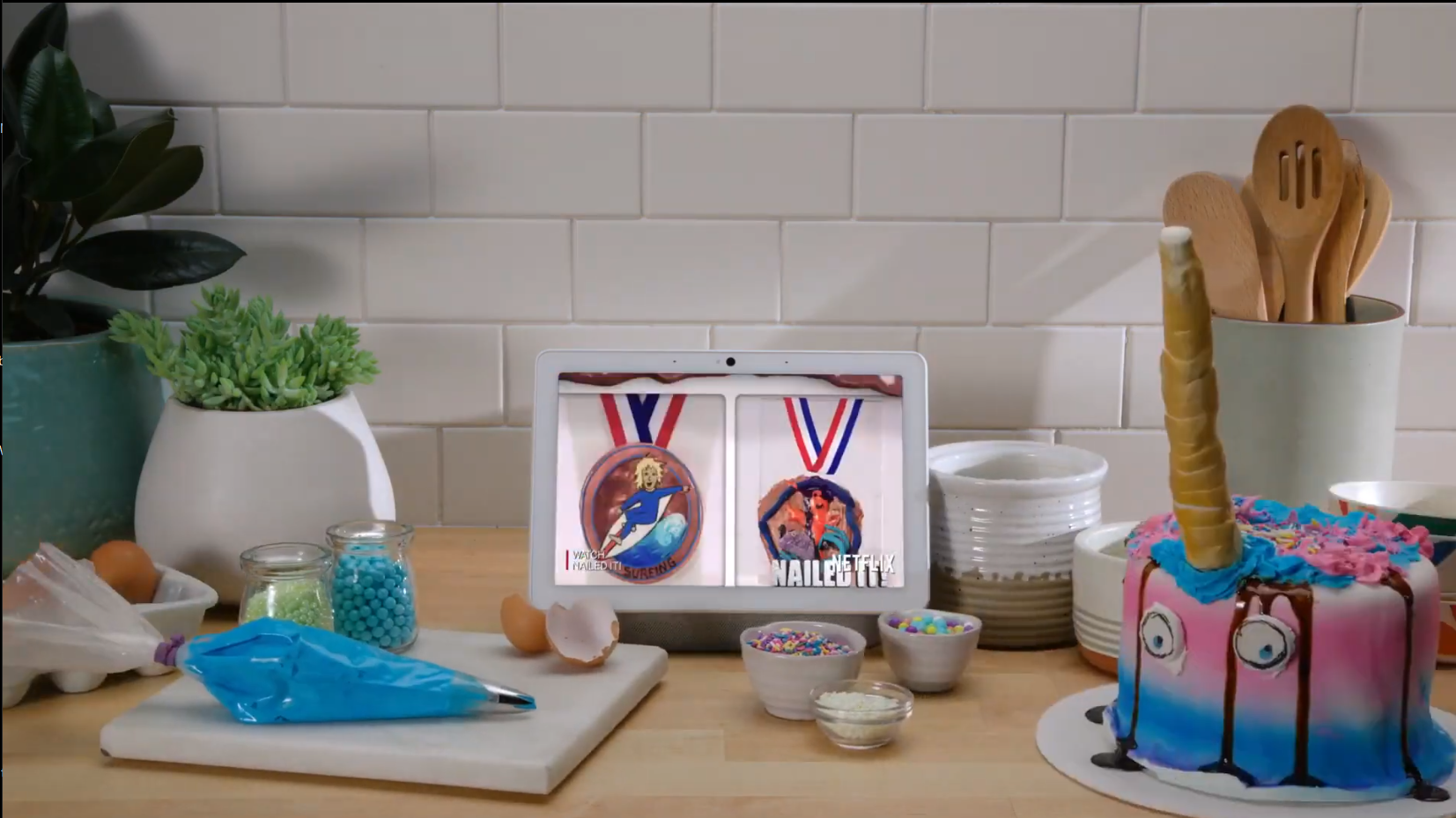
Alexa vs Google Assistant: Verdict
Alexa and Google Assistant are both very good voice assistants, but they excel in different areas. If you’re looking for a digital assistant to control your smart home devices and automate your home, Alexa offers a broader variety of functions than Google’s voice offering.
However, it’s also worth considering the devices you already own, the music and video services you subscribe to, and how you plan to use the voice assistant, as Google Assistant may be a better fit - especially if you’re regularly using an Android smartphone.
- Check our the best smart home devices deals

Carrie-Ann Skinner was formerly Homes Editor at TechRadar, and has more than two decades of experience in both online and print journalism, with 13 years of that spent covering all-things tech. Carrie specializes in smart home devices such as smart plugs and smart lights, as well as large and small appliances including vacuum cleaners, air fryers, stand mixers, and coffee machines. Carrie is now a copy editor at PWC.